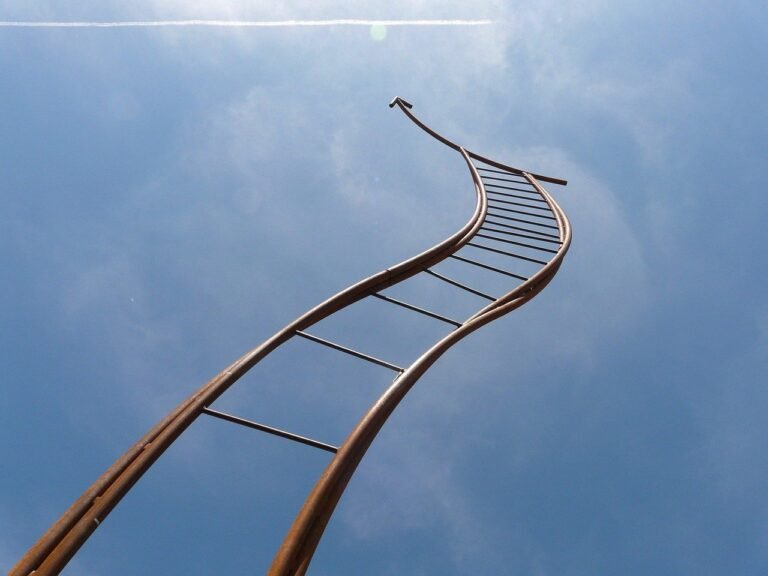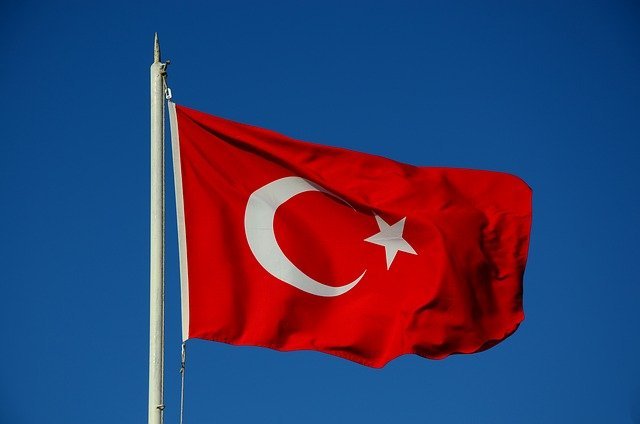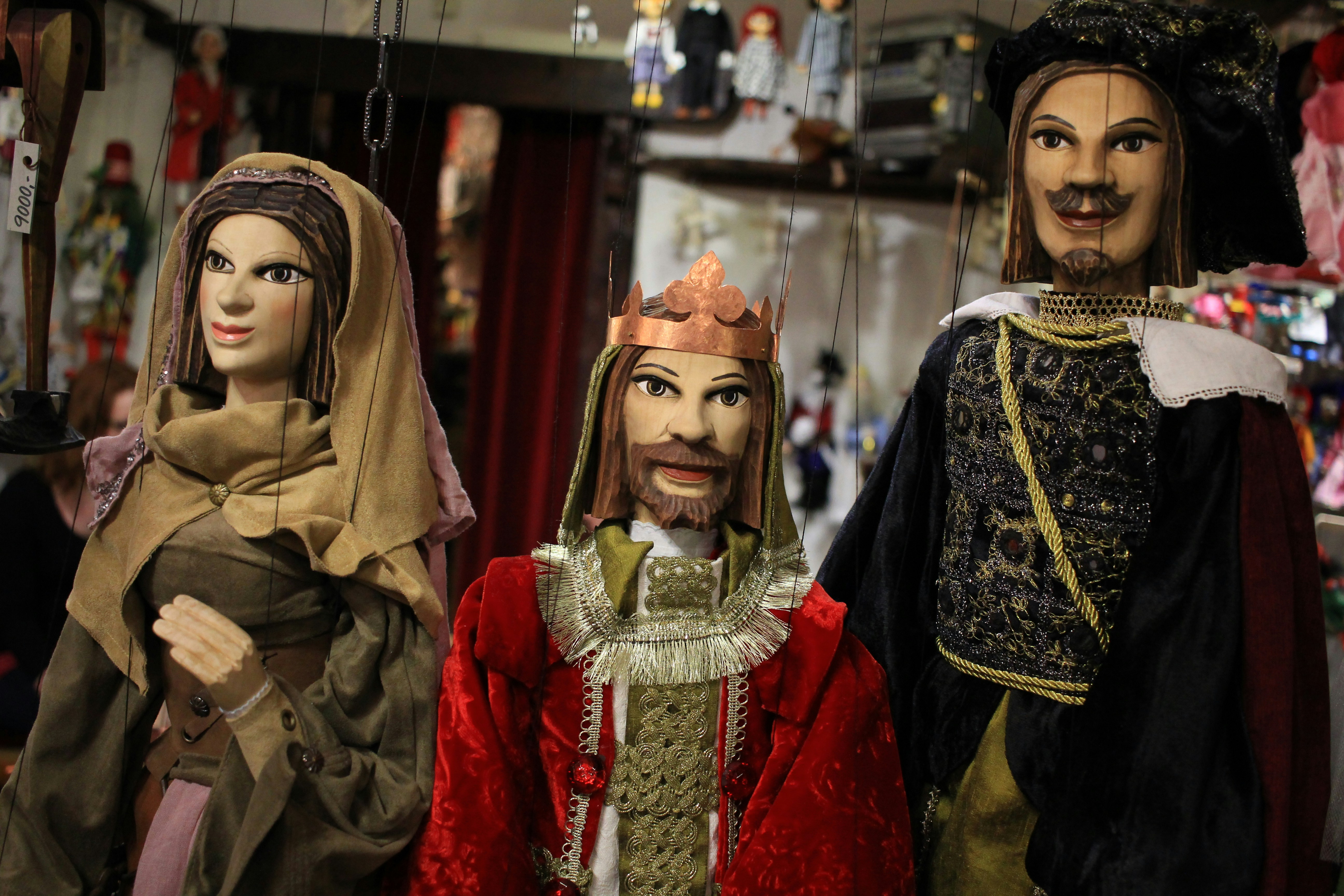
Book Name;
Bangladesh, India and Pakistan: International Relations and Regional Tensions in South Asia.
Author;
Kathryn Jacques.
Please note that this article may contain affiliate links. If you use to buy something, we may earn a commission. Thanks!!!
The book in review provides an analytical study of Bangladesh with its immediate neighbor India and former West Pakistan (now Pakistan) from whom it seceded in 1971 war. The 15 years period from 1975 to 1990 is considered to be the most chaotic and traumatic period of Bangladesh modern history.
Remembered as the bloody year of Bangla history when the mid ranked Army officers in early morning of August 15th, 1975 stormed the Dhan Mondi 32, residence of Banga Bandhu, father of nation, Sheikh Mujib ur Rahman and killed him along with his family members in a military coup d’état. The secular government of Sheikh Mujib ur Rahman was replaced with the Islamic government of Khondakar Mushtaq Ahmad, the then minister of commerce, who became the new President of Bangladesh after coup.
Also Read: Disarmed and Neglected Amazon warriors
Hence afterwards August 15th is commemorated as the National Mourning Day with a public holiday. This was the first bloody military intervention in civilian politics and government of Bangladesh.
The Indian government and Intelligence agencies had some prior clue that something bad was going to happen in the Bangladeshi Army and politics against the Mujib government.
The proverbial poverty of the Bangladeshi people made the civilian government realize that sooner or later the situation would not be in their control and things may fall apart for them.
New Delhi feared that an anti-Indian government in Dhaka and the Bangladeshi Hindu majority would act as soft belly for India causing spasmodic pain for them in India and specially West Bengal. But the coming years brought with them nothing but the coups and counter coups.
Brigadier Khalid Musharraf, a decorated veteran of liberation war, overthrew the Mushtaq Ahmad government and released General Zia ur Rahman from the house arrest in November 3rd, 1975. Just after 78 days of August 1975.
Again on 7 November 1975, the Right wing military officers and politicians (JSD) killed Brigadier Khalid Musharraf.
The years between 1977 and 1980 of Bangladeshi history is replete with coups, insurgencies and mutinies.
President Zia ur Rahman was killed in Chittagong while he was on a visit there. General Hussain Muhammad Ershad became the President after coup.
The relations between Bangladesh and Pakistan were rather tense and at low level after 1971 war and the separation of Bangladesh (East Pakistan) from Pakistan.
Pakistani military dictator, General Zia ul Haq visited Bangladesh in 1985. On visiting the Liberation of War Memorial at Dhaka, General Zia ul Haq said, “Your heroes are our heroes”.
While General Ershad visited Islamabad in 1986 to make the bilateral relations cordial and warm for posterity.
The book is divided into four parts covering influencing factors, both domestic and regional ones, on the Foreign Policy of Bangladesh.
Anyone who wants to have a good understanding of Dhaka relations with New Delhi and Islamabad in these fifteen years (1975-1990) must have a go through of this book.


